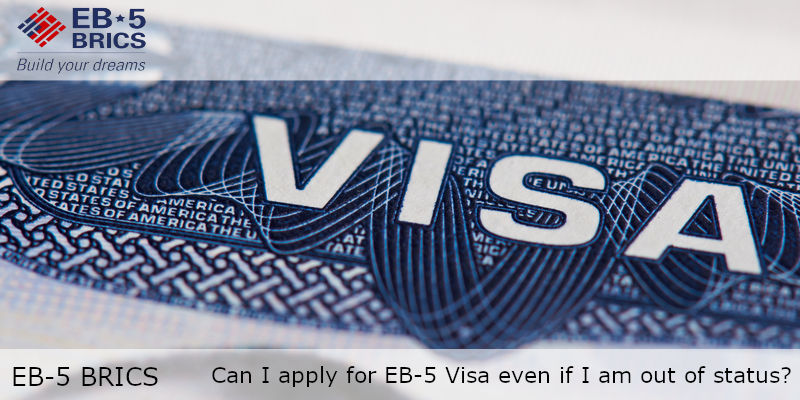
What does “Out of Status” mean?
“Out of status” refers to an individual surpassing their permitted stay in the United States or breaching visa terms, leading to the forfeiture of their immigration status. This transpires when someone exceeds their authorized duration or neglects to adhere to visa conditions, indicating the absence of a valid immigration status. Individuals identified as out of status may face legal consequences.
What are the situations that can lead to being Out of Status?
Several situations can result in being “out of status” in the United States.
- Overstaying Visa – Remaining in the U.S. beyond the authorized period stated on the I-94 form.
- Violating Visa Terms – Engaging in activities contrary to the specific terms and conditions associated with a particular visa, such as unauthorized employment.
- Failure to Change Status – Neglecting to apply for and receive approval for a change of immigration status before the expiration of the current status.
- Unauthorized Employment – Working without proper authorization or exceeding the limitations set by the visa.
- Failure to Attend School – Failing to enroll in or attend the accredited institution as required (For individuals on student visas).
- Criminal Activity – Being involved in certain criminal activities can lead to the loss of immigration status.
- Deportation Proceedings – Getting immigration violations, fraud, misrepresentation, abuse of public benefit programs, or criminal convictions.
Can you apply for EB-5 Visa if you are out of status?
No, applying for the EB-5 visa while out of status is not advisable. Pursuing an EB-5 visa under such circumstances involves substantial legal complexities. While exceptions may apply during the 245(i) benefit period, seeking guidance from an immigration attorney is imperative for accurate advice. Understanding the intricacies of immigration law is crucial for making informed decisions and effectively navigating the application process.
What happens when you are out of status in US?
When an individual is out of status in the United States they exceed the authorized stay or violate immigration status terms, with potential consequences listed below.
- Deportation Proceedings – The U.S. government may commence deportation proceedings against those out of status.
- Ineligibility for Benefits – Out-of-status individuals may be ineligible for certain benefits, such as work authorization or eligibility for driver’s licenses.
- Bar to Reentry – Depending on the overstay duration, those out of status may face a reentry bar lasting from three to ten years.
- Loss of Legal Protections – Being out of status entails losing legal protections tied to a specific immigration status, including the right to work or study in the U.S.
- Difficulty in Future Immigration Processes – Individuals with a history of being out of status may encounter challenges in future attempts to secure visas or legal permanent residency.
Are there exceptions for Out of Status individuals when applying for Permanent Residency or Visa?
An exception under the 245(i) benefit period may provide an avenue for individuals who filed pertinent applications, including those related to Green Cards before specific dates. This exception could potentially enable them to apply for Permanent Residency in the United States, albeit with a penalty.
EB5 BRICS is available to help you with any questions related to immigration. Reach out to us through Live chat or Call Us.




